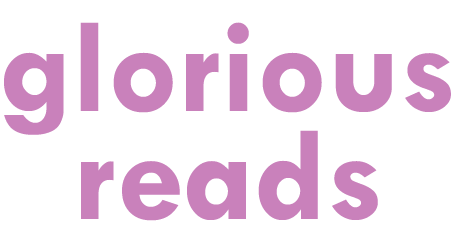We all know how important it is for children to have access to books from a young age but with libraries losing funding and school libraries getting smaller and smaller, it’s becoming even more crucial for children to be exposed to books at home. In an ideal world every home would be full of children’s books but with a cost of living crisis and increasing inflation, families are feeling the pinch when it comes to buying non-essentials like books.
According to The National Literacy Trust, 1 in 15 children don’t have a book of their own at home.
Of those that do have their own books at home 22.3% have less than 10 books.
With access to books improving educational attainment and outcomes, it’s necessary that we encourage book ownership for families and children, especially those who are from low income families.
Buying books can be expensive. If you’re already struggling with day to day living costs, finding the extra cash for books can be prohibitive.
Over the years I’ve searched for affordable books for my children so I thought I’d put together my top five ways to find cheap books.
Charity Shops
This might seem like an obvious choice but not all charity shops are the same. Some of the larger branded shops sell books at what can still be classed as a prohibitive cost. It’s worth having a look for charity shops that are locally run. I’ve found thrift shops selling children’s books including non-fiction hardbacks like animal encyclopaedias for 10p each. I’ve also found second hand shops where you can fill a bag of books for £1.
Online Retailers and Marketplaces
Did you know Amazon prices fluctuate? I add books to my cart/list and check in every now and then. I’ve managed to buy hardback middle grade children’s books for less than £3 when the original price was £10. You need to be able to strike while the iron is hot and being a Prime member also helps so you don’t have to pay for shipping. It’s not an option for everyone but you can make great savings this way if you’re able to wait a while to get the books.
Some online retailers also offer free shipping and other promotions, so you can save even more money.
Facebook marketplace is another place to keep checking. I’ve found that when people are having a clear out they’ll put a bundle of children’s books up for sale for a cheaper price than if you were to buy them individually. Occasionally people will give books away for free too.
Library Sales
Most libraries hold book sales to get rid of old books or duplicates. These sales are a great opportunity to find cheap books. You can find a variety of children’s books, including bestsellers, textbooks, and classics, for as low as 25p. Libraries also offer discounts and promotions, so you can save even more money. Additionally, by buying books at library sales, you are supporting your local library, which is a great way to give back to your community.
Book Swaps
Book swaps are a great way to exchange children’s books with other parents. You can find book swaps online or in your local community. You can even organise your own with other parents and hold book swap parties.
The idea is simple: you bring a book you no longer want or your child no longer reads and exchange it for a book someone else no longer wants. Book swaps are a great way to discover new authors and genres, and you can get books for free. Additionally, book swaps are a sustainable way to get new books without contributing to environmental waste.
E-Books and Audio books
The cheapest way to get ebooks and audiobooks is via the library. Most libraries have an app nowadays where you can loan ebooks, audio books and magazines. So make sure you sign up for a library card even if your local library has reduced hours making it hard to get physical books.
While ebooks can be less useful for smaller children, they can still have a place in your home and reading routine as you can read the stories to your child or use audio books in the car.
Nothing can beat holding a physical book, being able to turn the pages back and forth without having to look at yet another screen but they are still valuable in that they help children increase their vocabulary, interact with different stories and they can be more inclusive for disabled children.
